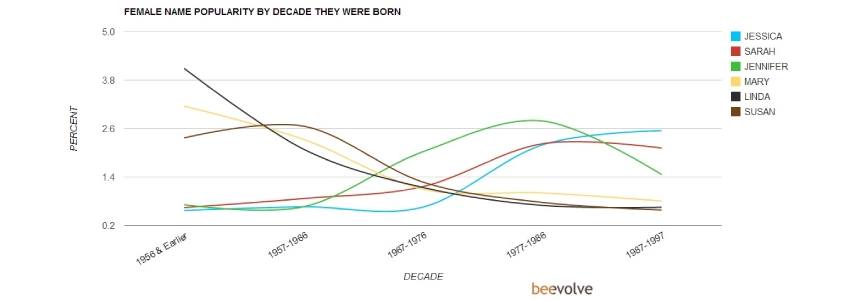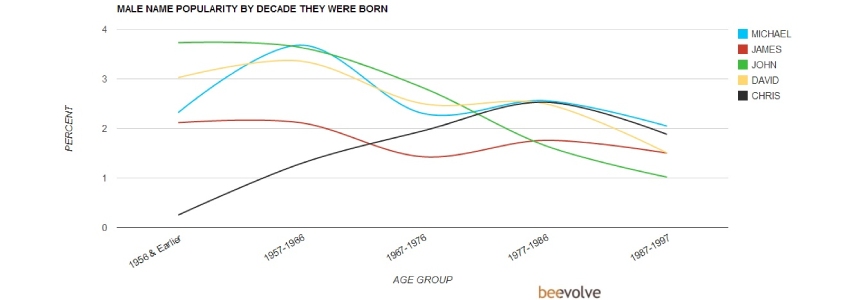What's in my Name?

Why conduct a global study of names?
The global study of names was initiated after observing a Reddit discussion about the biases and preconceptions associated with different first names. It was intriguing to see how individuals, sometimes unconsciously or based on past experiences, form strong opinions about people based on their names. This phenomenon reflects a form of stereotyping that psychologists have long noted. Even the most open-minded individuals can harbor unconscious negative biases due to the brain's tendency to create mental shortcuts in a complex world.
In today's interconnected environment, people increasingly interact and work with others they've never met face-to-face, often communicating solely through emails and instant messages. This raises the question: what kind of impression does a name alone create? Are hidden biases influencing how someone is perceived, particularly in professional settings such as job interviews?
As a data-driven organization, the goal was to examine how these unconscious biases manifest and to promote awareness about their potential impact on judgment. Although specific data on unconscious biases was lacking, the organization processes millions of social data points daily. An analysis was conducted on 45 million social media profiles to uncover patterns related to names.
The findings revealed that most names are shared by thousands, if not millions, of individuals globally. Consequently, judging someone based on a name like 'Jennifer' or 'Michael' is highly inaccurate given the vast number of people with those names.
Additionally, a free application was developed as part of the study, allowing users to explore various insights related to names, such as the most common surnames associated with a first name, geographical popularity, and color preferences.
Freakonomics Revisited
The analysis also revisited themes from the popular book Freakonomics, which analyzed 16 million baby names from California and uncovered trends like the cyclical nature of name popularity. This study applied a similar approach to a global dataset of 45 million users and found that the insights mirrored those identified by Steven Levitt and Stephen Dubner, the authors of Freakonomics.

If you happened to read Freakonomics, the authors mentioned most popular white girl names from 1960 to 2000. The names that were popular in 1960's had lost steam in 2000. Similarly, in 1980, Jennifer was the most popular name, but Sarah became more popular in 2000. Even though our study is conducted almost a decade after the book was published, it seems their thesis on names still holds true.

As for males, there isn't much statistics to compare, but names such as Michael, James and David which were popular in 1990's were on a all time low in 2000 on social media.
With the expert opinion from our friends:
Popular Tweets
Connect with us during #CannesLions2024 to learn more about how X is bringing it all together in an open marketplace for ideas, conversation and commerce that accelerates self-expression for all. pic.twitter.com/HhsSegxzQp
— Business (@XBusiness) June 10, 2024